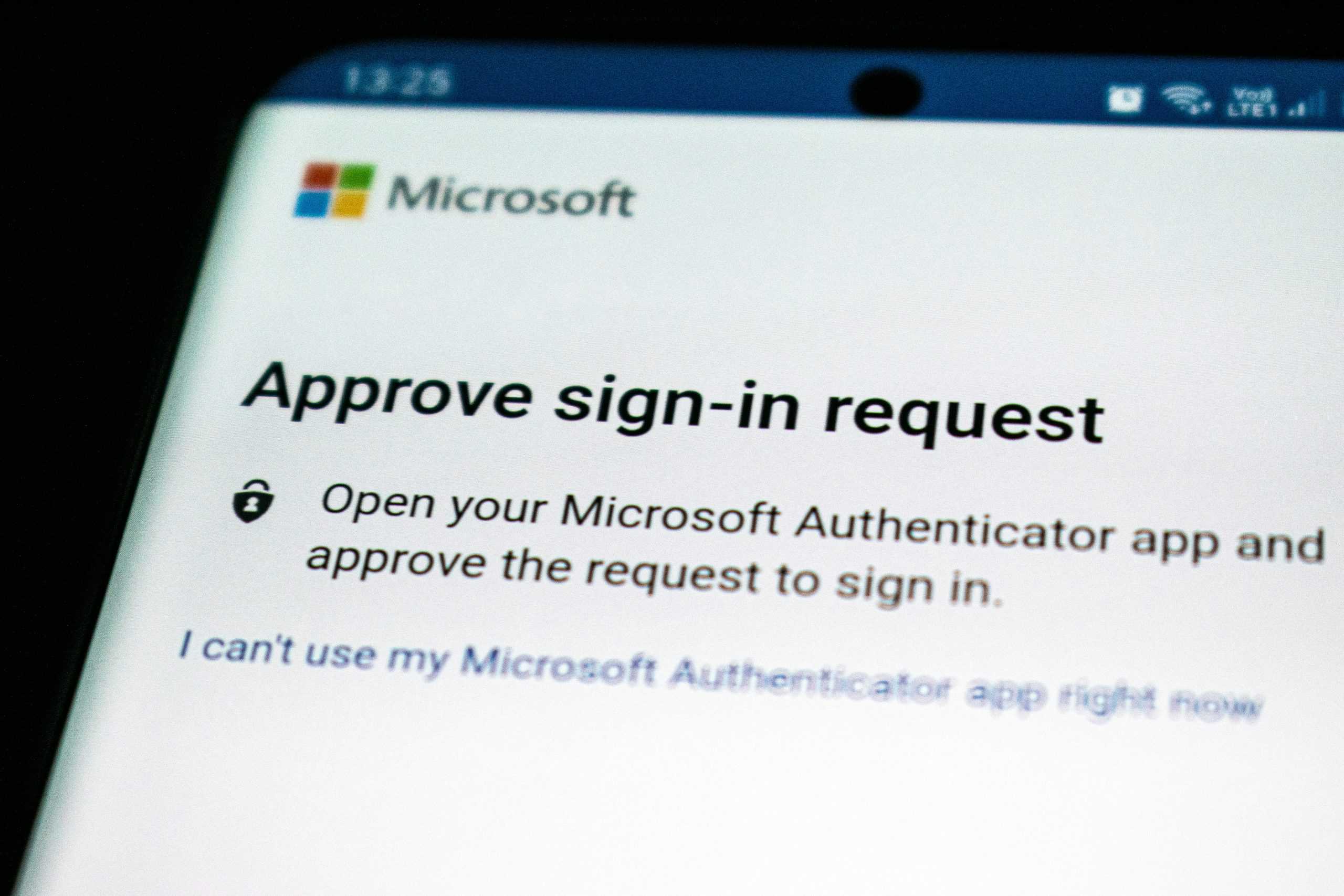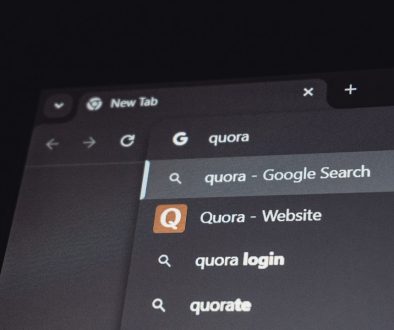Protecting Your Online Presence: WordPress Security for Web Designers and SEO Experts
Keeping WordPress sites safe is a big deal for designers and SEO pros. It’s not just another job – it’s super important. Securing these sites isn’t only about blocking hackers. It’s about making sure clients can trust you. In today’s world, data breaches and cyber threats happen a lot. Protecting client data is a must-do.
This article shares tips on how to keep those sneaky cyber intruders out and protect your clients’ information and trust in your brand. It gives tips and tricks to stop security issues. By following these steps, designers and SEOs can stop hackers and keep client info private.

Defending Websites Against Hackers and Attacks
Keeping websites safe from hackers is very important. Bad people try to enter websites and steal information or break things. Web designers and SEO experts work hard to stop this. They use the latest tools to protect websites. One tool that helps is guardio app reviews. These tools build strong defenses against bad people. This keeps clients’ websites safe and secure.
Safeguarding Client Information
Protecting client data is very important. It keeps their information safe and shows you care about your brand. This step is crucial for maintaining a solid online presence and building trust with clients.
Web designers and SEO experts should use encryption like SSL certificates. This secures interactions on websites. They must also scan for malware and use firewalls. This prevents unauthorized access to sensitive data.
Regular updates and patches for website software can block new threats. This helps keep client information private and secure at all times.
Maintaining Trust and Integrity for Your Brand
Keeping your brand’s good reputation and client trust is very important. This means making sure data is safe and your website is protected from attacks.
If people don’t trust you, they won’t want to work with you. So, securing your WordPress site guards against digital threats. It also ensures people feel safe when visiting.
Effective Strategies for Enhancing WordPress Security
Keeping WordPress and its plugins current is vital for website safety. These upgrades often repair openings that hackers could use to access your site. Here’s how regular updates help keep your site secure:
- Updates patch security flaws. Creators find issues and fix them in new versions.
- They add new defense features to improve protection against attacks.
- Updating ensures compatibility with new tech, keeping everything running smoothly.
- It blocks malware by closing entry points an attacker might exploit.
- Regular updates maintain fast website speed, benefiting visitors and SEO.
- They also fix bugs that could slow down or break your site.
- Updated sites are less likely blacklisted by search engines for malware.
- Always backup your site before updating, in case an issue occurs.
Implement Robust and Distinct Passwords
Creating strong, unique passwords protects your online presence. It keeps hackers from your WordPress site, ensuring safety. Here’s how to make passwords ironclad:
- Mix characters: Include letters, numbers, and symbols to make passwords hard to guess.
- Avoid personal info: Never uses easy-to-find details like name, birthday, or address.
- Use long passwords: At least 12 characters is ideal. Longer passwords are more secure.
- Make passwords unique: Every password should differ from the others you use. If one gets compromised, the rest remain safe.
- Update passwords regularly: Change your passwords every few months to stay ahead of potential intruders.
- Use a password manager tool: These tools remember complex passwords for you, eliminating the need to memorize them.
- Test password strength: Online tools can assess if your password is highly secure or easily guessable.
- Create passphrases: Memorable phrases known only to you can be secure and easy to recall.
- Avoid dictionary words: Hackers use dictionary lists, so avoid common words for better protection.
- Verify requests carefully: If any app or website requests your password, ensure it’s legitimate before entering it.
- Share password tips: Educate friends, family, and coworkers on good password practices to improve overall online security.
- Separate work and personal accounts: Use distinct passwords for professional and personal accounts to limit potential damage from breaches.
Utilize Security Plugins
Security plugins act as strong guardians for WordPress sites, keeping intruders out and safeguarding your online presence.
- Security plugins scan for and remove malicious software, preventing harmful infiltration into your site.
- They set up firewalls, forming a barrier against unwanted visitors trying to hack into websites.
- Regular email alerts keep you in the loop if anything odd happens, so you can fix things fast.
- Plugins limit login attempts to stop hackers from guessing passwords over and over again.
- Some can hide parts of your website’s code that hackers often target, like the admin URL.
- They back up your site regularly, so if something goes wrong, you won’t lose everything.
- Real-time monitoring watches over your site 24/7 to catch any fishy activity right away.
- Advanced features can block specific countries known for hacking or attacking websites.
- Plugins also check your themes and plugins for any vulnerabilities that need fixing.
- Automatic updates close security gaps before hackers can slip through them.
- Security plugins help with SEO by keeping the site clean and running smoothly.
- Lastly, they offer advice on making your website even safer with tips tailored to WordPress users.
These tools give web designers and SEO experts peace of mind, letting them focus on creating great content without worrying about security threats.

Activate Two-Factor Authentication
Two-factor authentication adds an extra layer of security to WordPress websites. It makes hacking attempts way harder because it requires two types of information from the user.
Track Activities and Back Up Data Securely
- Watching who does what on your website is key.
- Check user activity logs regularly. This helps you spot anything suspicious early on.
- Get email alerts for unexpected changes. If someone adds a new admin account or installs something, you’ll know right away.
- Use plugins with malware scanning and firewall protection.
- Always have recent backups of your site stored in multiple locations. If something goes wrong, you can get back online fast.
- Opt for encrypted backup solutions. This way, even your backups are safe from prying eyes.
- Set up automatic backups to run without lifting a finger.
- Test your backups regularly. Make sure they work because a backup you can’t restore is as good as no backup at all.
- Limit access to your backup files. Not everyone needs to see everything.
- Choose hosting services that provide strong security measures and support SSL certificates for an added layer of encryption between users and your site.
Protecting online presence takes vigilance and smart strategies—tracking activities and secure backups are essential steps in this journey.
In conclusion,
It might seem like a lot of work, but securing WordPress isn’t just some task to check off; it’s the shield that keeps online threats at bay while ensuring your online presence remains unharmed.
Web security is super important. No doubt about it. These tips will help protect your website really well. Hackers and bad guys won’t mess with your online fortress if you follow these simple rules.
- What Most First-Time Site Owners Overlook Before Launching Online - November 21, 2025
- THE.Hosting Review 2025: Honest Experience with VPS & Hosting Services - September 24, 2025
- TOP 5 e-scooter apps developers 2025 - September 19, 2025
Where Should We Send
Your WordPress Deals & Discounts?
Subscribe to Our Newsletter and Get Your First Deal Delivered Instant to Your Email Inbox.



